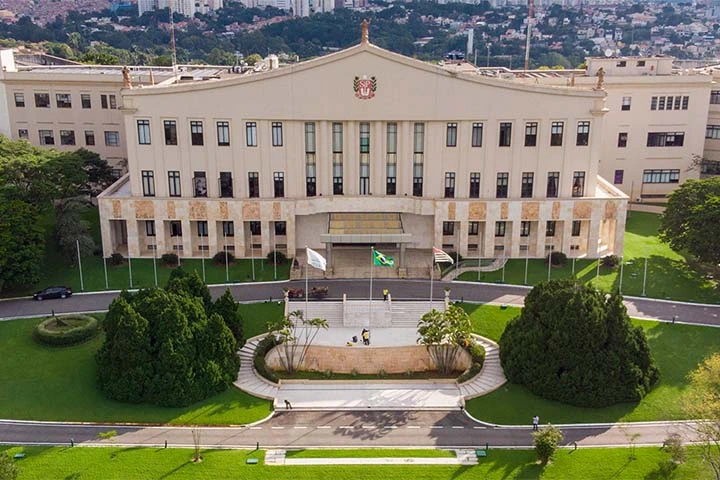Datafolha’s latest findings reveal a significant rise in disapproval for President Luiz Inácio Lula da Silva among São Paulo’s electorate since August.
In six months, the percentage viewing his government unfavorably jumped from 25% to 34%. About 28% consider his performance average, while 38% see it positively.
Lula’s approval remains high among the elderly and less educated. Yet, his disapproval rate among evangelical voters has surged to 49%, a twelve-point increase.
This shift could challenge Guilherme Boulos’s campaign, which is closely tied to Lula.
For the first time, the Workers’ Party (PT) is not leading in São Paulo’s mayoral race.
Instead, it supports Boulos from the far-left PSOL party, which Lula orchestrated, with Marta Suplicy as his vice.
Allies of Governor Tarcísio de Freitas hint at Boulos distancing from Lula following the dip in approval, a notion the left disputes.

The survey, involving 1,090 São Paulo voters on March 7-8, has a 3% margin of error and is officially registered.
Boulos is capitalizing on Marta Suplicy’s favorable ratings, particularly in the city’s outskirts. Datafolha has placed her at the top among the city’s mayors over the last 40 years.
Prominent ex-mayors, including Fernando Haddad, are active in this election season, demonstrating the ongoing influence of former leaders.
Background
The rise in Lula’s disapproval in São Paulo reflects broader national trends and challenges facing leftist politics in Brazil.
Historically, São Paulo has been a critical battleground for political influence, where shifts in voter sentiment often prelude wider national changes.
This pattern underscores the city’s importance in shaping Brazil’s political narrative.

